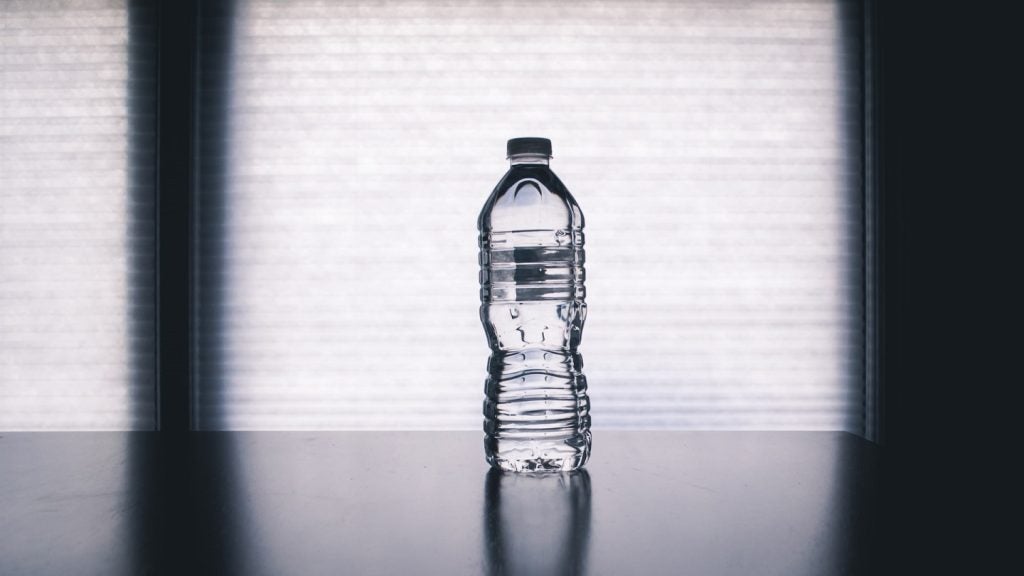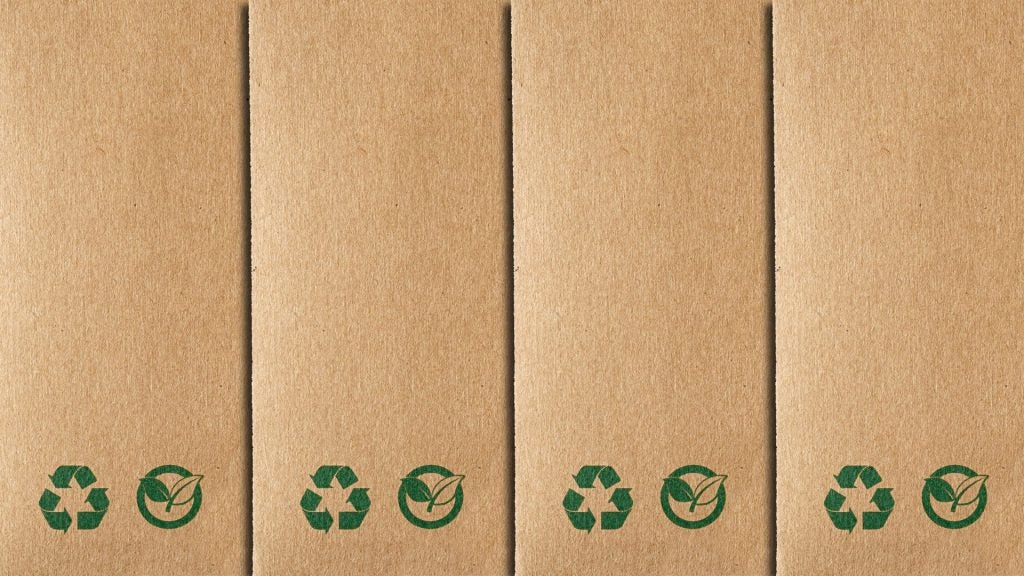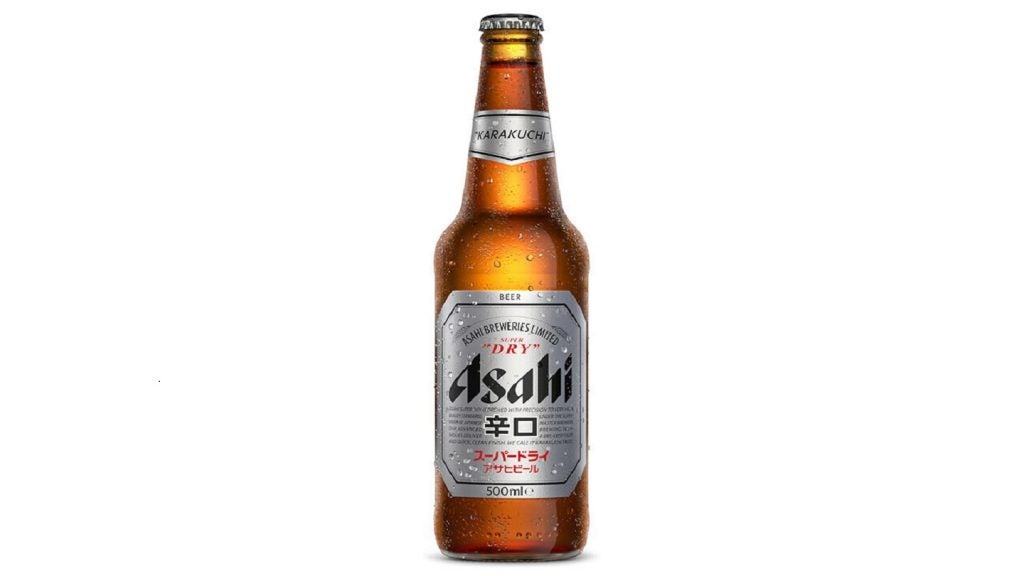A study conducted by researchers from Columbia University in the US has revealed an alarming concentration of nanoplastics in bottled water.
Published in the Proceedings of the National Academy of Sciences peer-reviewed journal, the study found that bottled water contains up to 100 times more nanoplastics than previously believed.
Nanoplastics are tiny plastic particles capable of infiltrating human cells and entering the bloodstream, with potentially severe detriments to health.
The lead author of the study, Naixin Qian, highlighted the potential underestimation of health concerns associated with these particles.
Using advanced microscopy and a data-driven algorithm, the team analysed 25 one-litre bottles from three well-known brands in the US. The bottles were acquired from a major retailer.
The analysis showed a concentration of 110,000 to 370,000 plastic particles per litre, with 90% being classified as nanoplastics.
The study not only identified common plastics such as polyethylene terephthalate and polyamide but also found numerous unidentified nanoparticles, suggesting a more extensive issue of plastic contamination.
With more than 450 million tonnes of plastic said to be produced annually and its inability to naturally degrade, the issue of plastic pollution is exacerbated.
The research has led to calls for stricter regulations and assessments of plastic pollution in consumables.














